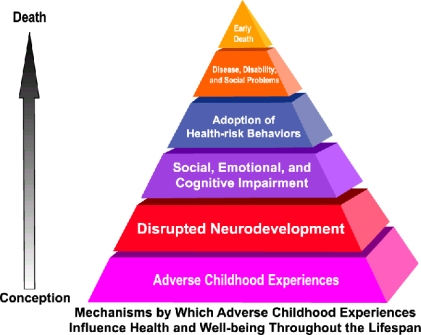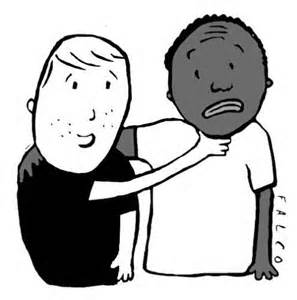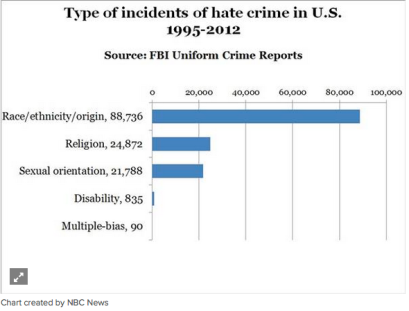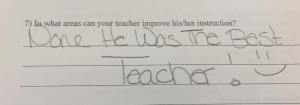Pennsylvania GOP Lawmakers Demand Seniority For Themselves But Deny It For Teachers
by Steven Singer, Member of the BAT Leadership Team
originally posted on his blog: https://gadflyonthewallblog.wordpress.com/2015/06/25/pennsylvania-gop-lawmakers-demand-seniority-for-themselves-but-deny-it-for-teachers/
Seniority.
Somehow it’s great for legislators, but really bad for people like public school teachers.
At least that was the decision made by Republican lawmakers in the Pennsylvania House Tuesday. They voted along party lines to allow schools to furlough educators without considering seniority.
But the House’s own leadership structure is largely based on seniority!
Hypocrisy much?
Most legislative bodies in the United States from the federal government on down to the state level give extra power to lawmakers based on how long they’ve been there.
Everything from preferential treatment for committee assignments to better office space and even seating closer to the front of the assembly is often based on seniority. Leadership positions are usually voted on, but both Republicans and Democrats traditionally give these positions to the most senior members.
And these same folks have the audacity to look down their noses at public school teachers for valuing the same thing!?
As Philadelphia Representative James Roebuck, ranking Democrat on the House Education Committee, said, “If it’s wrong for teachers, why is it right for us?”
If passed by the state Senate and signed by the Governor, the law would allow public schools to lay off teachers based on the state’s new and highly controversial teacher evaluation system.
Teachers with a “failing” ranking would go first, then those with a “needs Improvement,” label.
This system is largely untested and relies heavily on student standardized test scores. There is no evidence it fairly evaluates teachers, and lawsuits certainly would be in the wings if furloughs were made based on such a flimsy excuse.
Value-Added Measures such as these have routinely been criticized by statisticians as “junk science.”
It’s kind of like giving legal favor to the management practices of Darth Vader. In “The Empire Strikes Back,” when one of his minions displeased him, he choked them to death with the Force.
No second chances. No retraining. No due process. One misplaced foot and you’re gone.
Pennsylvania’s proposed method isn’t quite so harsh, but it’s essentially the same. You’re fired because of this flimsy teaching evaluation that has no validity and can really say whatever management wants it to say.
Technically, things like salary are not allowed to be considered, but given the unscientific and unproven nature of this evaluation system, management could massage evaluations to say anything. Administrators didn’t mean to fire the teachers with the highest salaries but those voodoo teaching evaluations said they were “failing.” What are you gonna’ do? OFF WITH THEIR HEADS!
While seniority is not a perfect means of selecting who gets laid off, at least it’s impartial. Moreover, teachers who have lasted in the classroom longest almost always are highly skilled. You don’t last in the classroom if you can’t hack it.
Being a public school teacher is a highly political job. Your boss is the school board and members are elected by the community. While many school directors have the best interests of their districts at heart, favoritism, nepotism and political agendas are not unknown. Teachers need protections from the ill-winds of politics so they can be treated fairly and best serve their students. Otherwise, it would be impossible – for instance – to fairly grade a school director’s child in your class without fear of reprisal.
As it stands, state school code specifically mandates layoffs to be made in reverse seniority order, also known as “first in, last out.” Pennsylvania is one of six states that calls for this to be the sole factor in school layoff decisions.
It’s unclear how the legislature could pass a law that contradicts the school code without specifically voting to alter the code which governs the Commonwealth’s public schools.
Moreover, it may be illegal on several additional counts. Public school districts have work contracts with their teachers unions. The state can’t jump in and void those contracts between two independent parties when both agreed to the terms of those contracts. Not unless there was some legal precedent or unconstitutionality or violation of human rights or SOMETHING!
Get our your pocketbooks, Pennsylvanians. If this law is somehow enacted, you’re going to be paying for years of court challenges.
And speaking of flushing money down the toilet, the law also allows school districts to furlough employees for financial reasons. At present, layoffs are allowed only when enrollment drops or by cutting programs wholesale.
This is especially troubling given the legislature’s failure the past four years to fairly fund its public schools. Ninety percent of school districts have had to cut staff in recent years, either through attrition or furlough, according to the Pennsylvania Association of School Administrators.
So this law makes it easier to rob poorer schools of funding. If it were enacted, districts could fire teachers and reduce programs to pinch pennies. Now they are constrained to keep the highest possible level of quality for students regardless of funding shortfalls. This puts them at odds with the legislature and forces them to demand fair funding for their districts. Under this new law, school boards could more easily ensure that some students get a higher quality education than others in the same district!
Oh! We increased class size for the struggling students (most of whom are poor and minorities) but decreased it for the advanced classes (most of whom are rich and white).
Finally, we get to the issue of viability. Will the state Senate pass this bill?
Maybe.
The House passed it without a single Democrat voting in favor. The Senate is likewise controlled by the GOP. However, Gov. Tom Wolf is a Democrat and has said he’s against it. Seniority issues, he said, should be negotiated through the local collective bargaining process.
So once again we have partisan politics reigning over our public schools – Republicans actively trying to sabotage our public schools and fire their way to the top! Democrats vainly trying to hold the line.
Couldn’t we all just agree to value our public schools and public school teachers?
Or at very least couldn’t we all agree to give others the same benefits we demand for ourselves?
You know. Things like seniority!






























